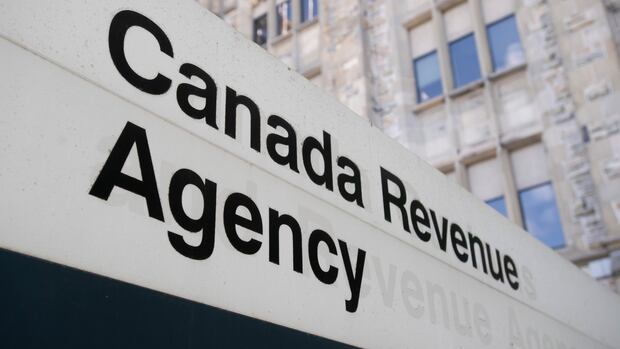Sask. says $28M in carbon tax money is ‘safe’ after striking deal with Ottawa
;Resize=(620))
Saskatchewan Justice Minister Bronwyn Eyre says the province’s bank account is now “safe and sound” after coming to what she’s calling “an arrangement” with the federal government in the ongoing dispute over the federal carbon tax.
“Saskatchewan has offered to establish a letter of credit, which is common practice for companies and other large entities and explicitly provided for under the federal carbon tax legislation,” she wrote in a release on Tuesday.
“It will remain in place until our dispute is determined by the Tax Court of Canada.”
A letter of credit is a financial contract that guarantees payment if the conditions of the letter are met.
In a statement Tuesday, federal National Revenue Minister Marie-Claude Bibeau wrote that the agreement “secures 50 per cent of the outstanding amounts under the Greenhouse Gas Pollution Pricing Act until the full resolution of the dispute, in line with legal requirements.”
According to documents filed with federal court, the Canada Revenue Agency (CRA) believes that as of the end of April, the the Government of Saskatchewan owes $56 million for failing to collect and remit part of the carbon levy to Ottawa.
Half of that is $28 million, the amount the CRA was aiming to garnish from Saskatchewan, prompting the province’s challenge in federal court.
In her statement, Bibeau says Ottawa remains committed to enforcing the Greenhouse Gas Pollution Pricing Act.
“Our government remains committed to upholding this significant legislation that propels us toward a more sustainable future,” she wrote.
Sask. stopped collecting tax in January
It’s the latest chapter in an ongoing saga that began when Saskatchewan Premier Scott Moe announced his plan to stop collecting the carbon tax on natural gas beginning in January 2024.
Moe argued that Ottawa was being unfair by offering an tax exemption to home heating oil — used primarily in the Atlantic provinces — but not natural gas.
Moe addressed the latest developments on Tuesday while in Halifax, where premiers are holding their annual summer meetings.
Moe said he looks forward to “actually having the … case heading toward the tax courts. Which is what should be happening in this case.”
Saskatchewan’s case to stop Ottawa from collecting $28 million in levy money will be heard in Federal Court on Friday. Last week, the province filed a lawsuit in Federal Court to try to stop the Canada Revenue Agency from garnishing the millions that the CRA says Saskatchewan owes for failing to collect and remit part of the carbon tax.
The dispute between the two levels of government heated up in early July when Saskatchewan filed a lawsuit in federal court, attempting to stop the CRA from collecting the $28 million it said Saskatchewan owed for failing to collect and remit part of the tax.
This past Friday, a federal court hearing scheduled to hear Saskatchewan’s arguments was abruptly cancelled, and the two sides indicated they were negotiating a resolution.
Eyre’s release describing the new arrangement came four days later.
Eyre wrote in her release that the Saskatchewan government will continue to provide the same carbon tax exemption on home heating and will continue to make the same arguments against “regional favouritism.”
“That exemption will remain in place until this federal government, or the next one, does the right thing and gets rid of the carbon tax on everyone and everything,” she wrote.
Saskatchewan and the government of Canada are now negotiating a potential resolution to their dispute over the federal carbon tax.



